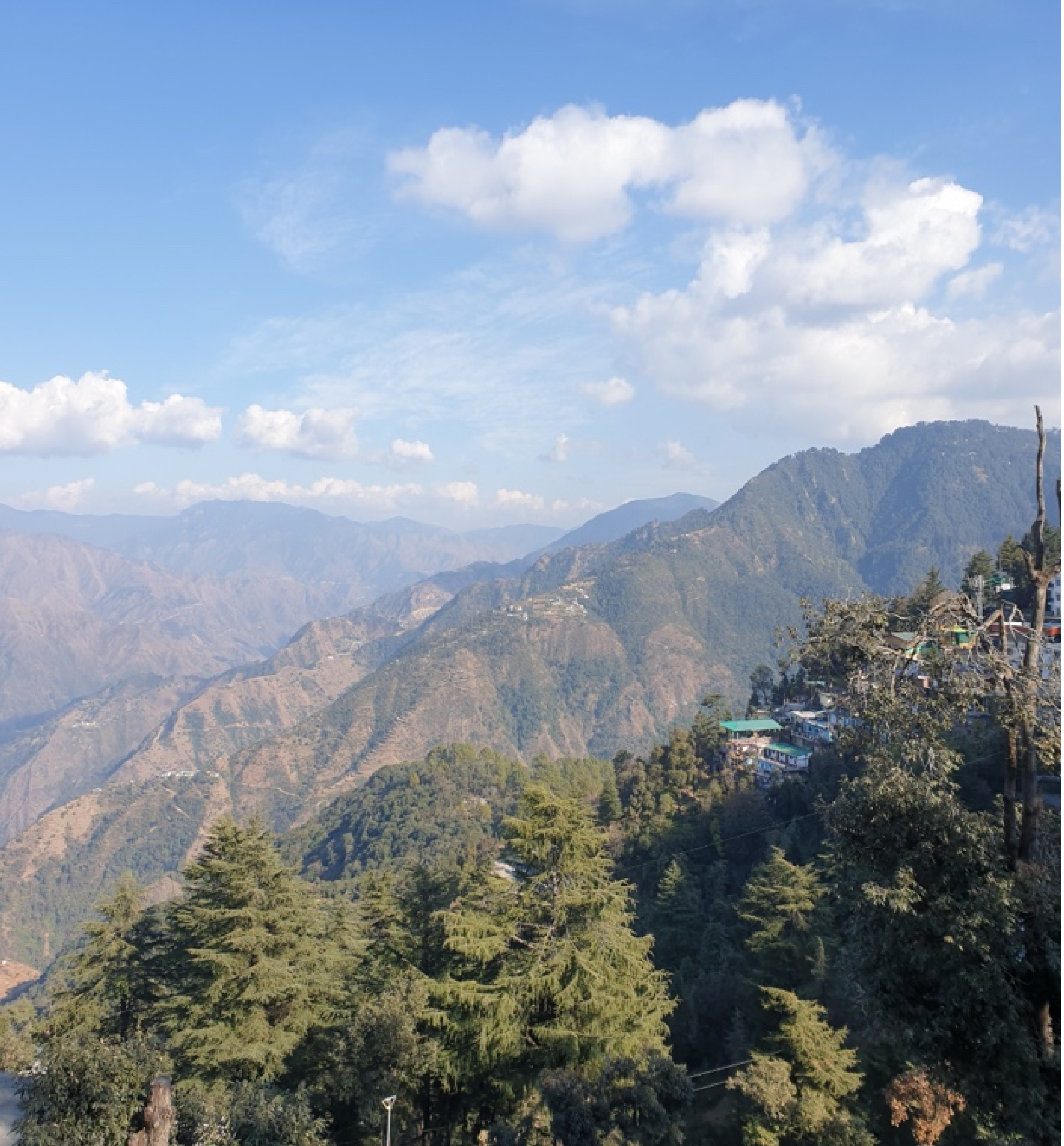Dipali Mech [name altered], a domestic worker in Assam, wants her monthly wage to be paid on time. Renu Daimary [name altered] wants divorce and compensation from her husband for the years of emotional violence that she has faced. Jamuna Saikia [name altered] and Mandira Boro [name altered] want compensation from their employer for the physical assaults they had experienced at their workplace. In Rajasthan, Sharda Kumari [name altered] wants an end of the restrictions imposed on her mobility. All of these women had once approached the Empowerment Center [set up by Pragya with support from UNTF EVAW] in their vicinity, seeking information and guidance to solve their problems. At these centers, they met the women facilitators, who are very supportive friends and mentors to them now.
Semima Khatoon is the facilitator at the Empowerment Center in Sonitpur district, Assam. She hails from Keherukhunda village and has 10e11 years of experience in the field of social work. Before taking up this role, she has taught English, Hindi, and Assamese to children in primary school and run awareness campaigns on vaccination for a local NGO. Priyanka Kumari is the facilitator at the Empowerment Center in Dungarpur district, Rajasthan. She is a resident of Chak Mahori village and has completed her Bachelor of Arts degree in History, Political Science, and Geography. Both of them have been working untiringly to fight against illiteracy, poor access to information– that further exacerbate violence, and result in disempowerment of women and loss of their self-confidence.
Semima and Priyanka attend to people who visit the center or call on the helpline number seeking information or help. A vast majority of women approach them for seeking information on legal aid, women’s rights, workers’ rights, and career guidance. Semima recalls helping a man to get an ID for Persons with Disabilities for his daughter. She also gets calls asking about compensations/entitlements, punishments stipulated under various laws. Priyanka receives visitors asking her about training programs at the center, about government schemes and scholarship programmes for girls. Women also approach them to report incidences of eve-teasing, stalking, domestic violence, alcoholism, and polygamy. Once these cases are reported at the center, they ensure timely response by contacting the relevant authorities and support providers who can take up these cases. They ensure both prevention of and response to violence by helping women with information as well as judicial and social security services.
 |
| Semima Khatoon, Sonitpur, Assam |
A diploma holder in Computers Application, Semima also teaches women to use the computer and helps them with application forms for higher education or job opportunities. Priyanka, like a skilled librarian, knows all the resources in the Center including which book is in which rack. She finds it easy to immediately take the relevant books/pamphlets out when people ask for them. Priyanka takes regular note of the problems reported by the women who visit the center. She finds that most of the problems are related to water access, shortage of food and violence in the domestic sphere. She feels that the Empowerment Center also provides women a safe space to take a break and use the toilet, in between their long journeys through the town or day-long struggle with paperwork and follow-ups at the government offices.
 |
| Priyanka sharing information with a visitor at Empowerment Centre, Dungarpur, Rajasthan |




No comments:
Post a Comment